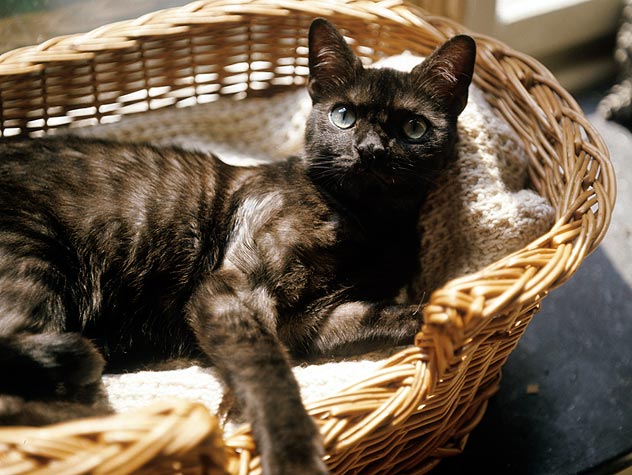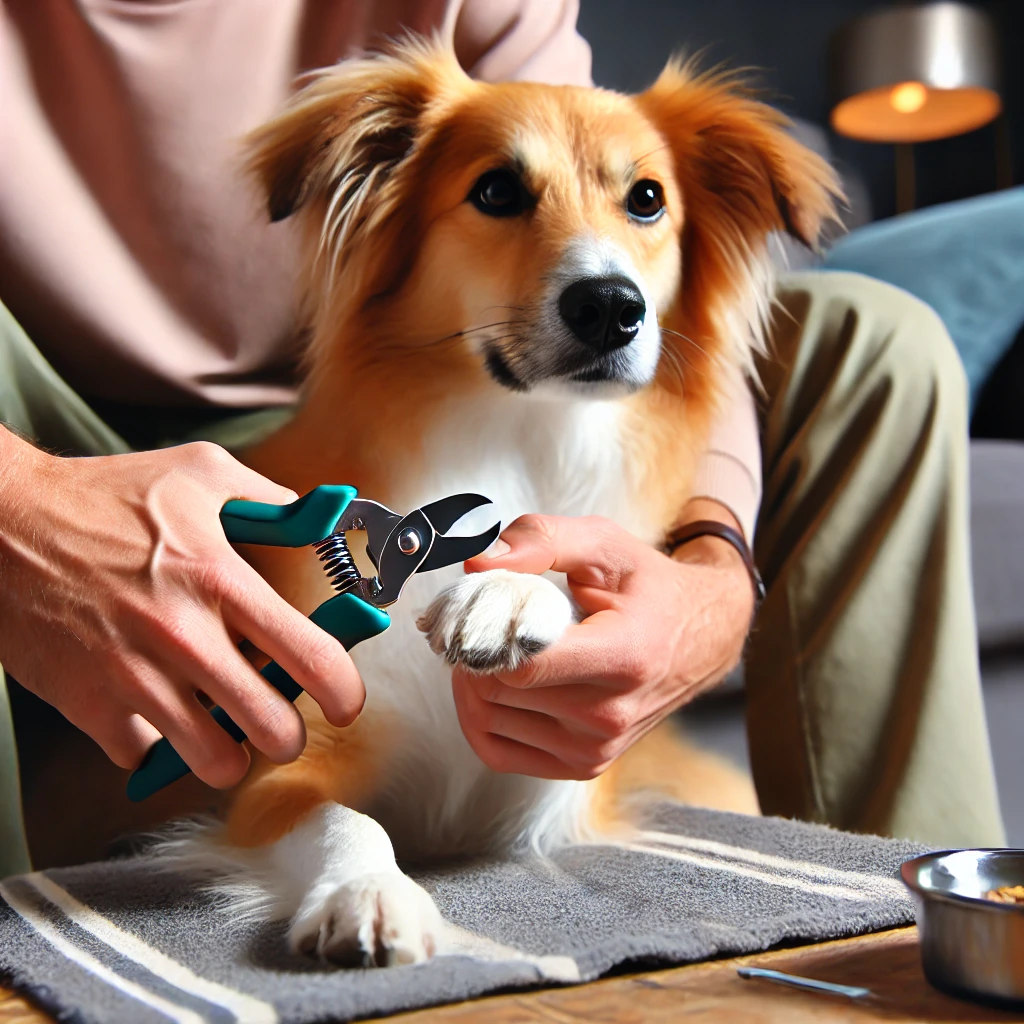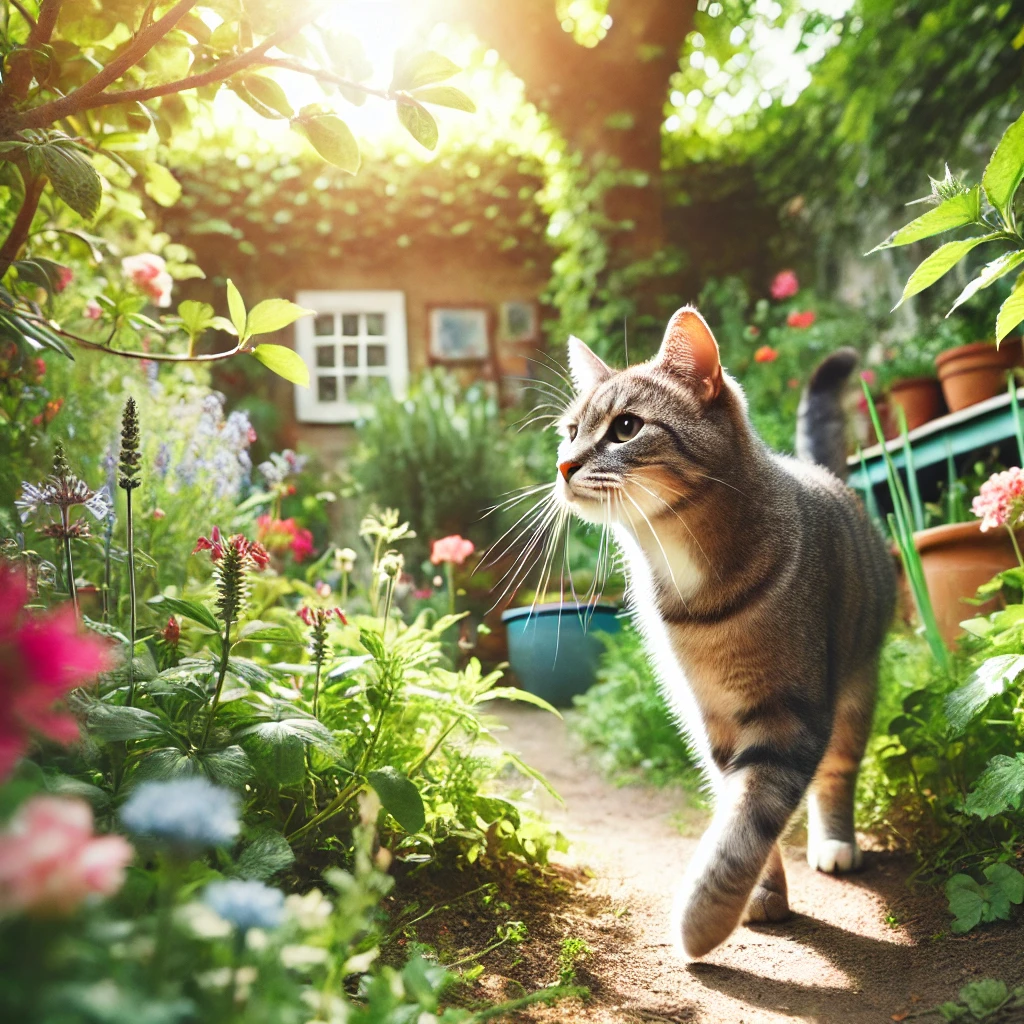Older cats need special care, including regular vet visits and a suitable diet. They also require mental and physical stimulation.
As cats age, their health and behavior change, necessitating different care strategies. Senior cats often face issues like arthritis, dental problems, and reduced kidney function. Regular vet check-ups are crucial to catch any health problems early. Diet adjustments can help manage weight and support aging organs.
Providing a comfortable living environment with easy access to food, water, and litter boxes is essential. Mental and physical stimulation, like interactive toys and gentle play, keeps them engaged. Caring for an older cat involves attention to their evolving needs, ensuring they enjoy a happy and healthy life.
Senior Cats: Recognizing The Golden Years
As our feline friends age, their needs evolve, requiring special attention. Recognizing the golden years in senior cats is crucial to ensure their well-being. Understanding these needs helps in providing the best care possible.
Identifying A Senior Cat
Identifying a senior cat begins with recognizing age-related signs. Cats are considered seniors at around 10 years old. They may show physical and behavioral changes.
- Reduced activity levels
- Changes in sleep patterns
- Weight fluctuations
- Visible signs of aging like graying fur
Common Changes In Aging Felines
Senior cats experience several changes as they age. Understanding these changes helps in providing the best care.
Physical Changes:
- Decreased mobility due to joint stiffness or arthritis
- Dental issues leading to difficulty eating
- Changes in vision or hearing
Behavioral Changes:
- Increased vocalization, especially at night
- Changes in grooming habits
- More frequent napping
Health Issues:
| Health Issue | Description |
|---|---|
| Kidney Disease | Common in older cats, requiring regular vet check-ups |
| Diabetes | May require dietary changes and insulin |
| Hyperthyroidism | Leads to weight loss and increased appetite |
Providing a comfortable environment is essential for senior cats. Ensure easy access to food, water, and litter boxes. Regular vet visits help monitor their health. Adjust their diet to meet their nutritional needs. Consider supplements for joint health.
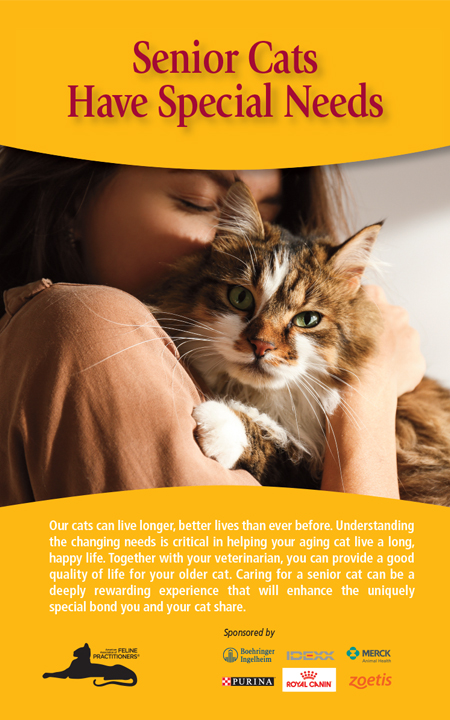
Credit: catfriendly.com
Nutritional Needs For Aging Cats
Older cats require special diets. Their nutritional needs change as they age. Ensuring they get the right nutrients is crucial.
Dietary Adjustments For Seniors
Senior cats need fewer calories. Their metabolism slows down. This helps prevent obesity. High-quality protein is essential. It maintains muscle mass.
Older cats may have dental issues. Soft or wet food can be easier to chew. Fiber helps with digestion. It prevents constipation.
Here’s a simple table to illustrate the dietary adjustments:
| Nutrient | Adjustment |
|---|---|
| Calories | Reduce |
| Protein | High-quality, moderate amount |
| Fiber | Increase |
Supplements To Support Aging
Certain supplements can aid senior cats. Glucosamine and chondroitin support joint health. Omega-3 fatty acids improve coat and skin.
Antioxidants like vitamins C and E boost the immune system. Taurine supports heart health. Probiotics aid in digestion.
Here is a list of key supplements:
- Glucosamine and chondroitin
- Omega-3 fatty acids
- Vitamins C and E
- Taurine
- Probiotics
Always consult a vet before adding supplements. Each cat is unique. Their needs may vary.
Comfort Is Key: Creating A Senior-friendly Home
As cats age, their needs change significantly. Providing a comfortable home environment becomes crucial. Older cats may experience mobility issues, arthritis, and other health problems. Creating a senior-friendly home helps them live comfortably and happily. Focus on accessibility, warmth, and coziness to ensure their well-being.
Accessibility And Mobility
Older cats often have trouble jumping and climbing. Make your home more accessible by using ramps and steps. These can help your cat reach their favorite spots without strain.
- Place ramps near beds, couches, and windowsills.
- Use non-slip mats to prevent slipping and falls.
- Ensure litter boxes have low sides for easy access.
Consider a stair-free home for senior cats. If not possible, ensure they have a safe way to navigate stairs. Soft, padded surfaces can help reduce joint stress. Keep their food, water, and litter in easily accessible areas.
Warmth And Coziness
Older cats are more sensitive to temperature changes. They need warm, cozy spaces to rest and sleep. Provide heated beds or pads to keep them comfortable. Ensure their sleeping areas are draft-free and away from cold floors.
- Use soft, plush bedding to cushion their joints.
- Place beds in quiet, warm corners of your home.
- Offer multiple resting spots for variety and comfort.
Monitor the room temperature and adjust as needed. Consider using blankets and cushions to add extra warmth. A happy, warm environment helps senior cats feel secure and loved.
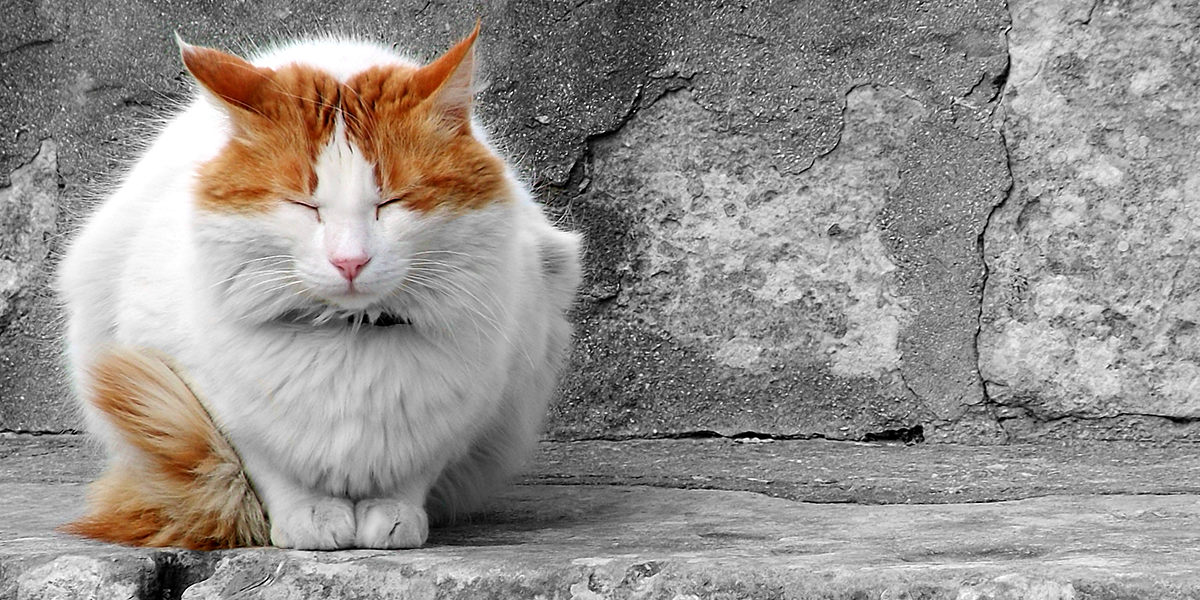
Credit: icatcare.org
Veterinary Care For Your Senior Cat
As your beloved feline friend ages, their needs change. Senior cats require special attention, especially in terms of veterinary care. Regular veterinary visits ensure your cat remains healthy and happy. Early detection of potential issues is vital.
Regular Health Check-ups
Regular check-ups are essential for senior cats. These visits help monitor your cat’s overall health. Vets can identify issues early, leading to better treatment outcomes.
Annual health exams become biannual for older cats. During these visits, vets will:
- Check weight and body condition
- Perform blood tests
- Examine teeth and gums
- Assess mobility and joint health
These checks help ensure your cat ages gracefully. They also provide peace of mind for you.
Managing Chronic Conditions
Older cats often face chronic conditions. Common issues include arthritis, kidney disease, and diabetes. Managing these conditions requires vigilant care and regular vet visits.
Arthritis:
- Provide soft bedding
- Use joint supplements
- Consider pain medication prescribed by your vet
Kidney Disease:
- Ensure access to fresh water
- Feed a kidney-friendly diet
- Monitor for signs like weight loss or vomiting
Diabetes:
- Maintain a consistent feeding schedule
- Monitor blood sugar levels
- Administer insulin as prescribed
Managing chronic conditions improves your cat’s quality of life. It also ensures they enjoy their golden years.
The Importance Of Mental Health
As cats age, their mental health becomes just as crucial as their physical well-being. Older cats often face unique challenges that can affect their mental state. Keeping their minds sharp and healthy is essential for a happy senior life.
Stimulating Activities
Engaging your senior cat in stimulating activities can help maintain their mental agility. Simple play sessions with toys can make a big difference. Try using interactive toys like laser pointers or feather wands.
Consider introducing puzzle feeders. These not only provide mental stimulation but also help with portion control. Hide treats around the house to encourage your cat to explore and think.
| Activity | Benefit |
|---|---|
| Interactive Toys | Boosts mental and physical activity |
| Puzzle Feeders | Encourages problem-solving |
| Hide-and-Seek | Stimulates natural hunting instincts |
Coping With Cognitive Decline
Senior cats may experience cognitive decline, similar to dementia in humans. Symptoms include disorientation, altered sleep patterns, and loss of interest in activities.
To help your cat cope, maintain a consistent routine. This includes feeding times, play sessions, and even sleeping spots. Consistency reduces anxiety and confusion.
Consider adding supplements designed to support brain health. Consult your vet for the best options. Keep the environment safe and familiar to minimize stress.
- Maintain a consistent routine
- Provide brain health supplements
- Ensure a safe, familiar environment
Grooming And Hygiene For Comfort
Older cats need special attention to their grooming and hygiene. As they age, their mobility decreases, making it hard for them to groom themselves properly. This can lead to discomfort and health issues. Regular grooming and hygiene assistance keep your senior cat comfortable and healthy.
Adapting Grooming Routines
Senior cats often struggle with grooming due to arthritis or other age-related problems. Adapting your grooming routine can help. Here’s how:
- Brushing: Use a soft brush to remove loose fur and prevent mats. Brush gently to avoid hurting sensitive skin.
- Bathing: Only bathe your cat if necessary. Use lukewarm water and a mild, cat-friendly shampoo.
- Claw Trimming: Trim your cat’s claws regularly to prevent overgrowth and discomfort.
Keep grooming sessions short and sweet. This will keep your cat relaxed and happy.
Hygiene Assistance For Seniors
Older cats may need extra help with hygiene tasks. Here are some tips:
- Ear Cleaning: Check your cat’s ears for wax and dirt. Use a vet-recommended ear cleaner.
- Dental Care: Brush your cat’s teeth with a cat-friendly toothpaste. Dental health impacts their overall well-being.
- Litter Box Maintenance: Make sure the litter box is clean and accessible. Use low-sided boxes for easy entry.
| Task | Frequency | Tools Needed |
|---|---|---|
| Brushing | Daily | Soft Brush |
| Claw Trimming | Bi-weekly | Claw Trimmer |
| Dental Care | Daily | Cat-friendly Toothpaste |
By attending to these grooming and hygiene needs, you ensure your senior cat stays comfortable and healthy in their golden years.
End-of-life Care And Considerations
Caring for a senior cat involves understanding their special needs. As your cat ages, they may require more attention. End-of-life care and considerations are essential aspects of senior cat care. This ensures their final days are comfortable and dignified.
Quality Of Life Assessments
Assessing your cat’s quality of life is crucial. This helps you understand their comfort level.
| Sign | Description |
|---|---|
| Appetite | Is your cat eating well? |
| Mobility | Can your cat move easily? |
| Pain | Is your cat showing signs of pain? |
| Hygiene | Is your cat grooming itself? |
| Happiness | Is your cat still enjoying life? |
Observe these signs daily. Consult your vet if there are concerns. They can guide you on the best course of action.
Euthanasia And Grieving
Sometimes, euthanasia is the kindest option. It ends your cat’s suffering. This decision is never easy. Discuss it with your vet. They will explain the process and what to expect.
Grieving is natural after losing a beloved pet. Allow yourself to grieve. Here are some tips to help you cope:
- Share your feelings with friends or family.
- Create a small memorial for your cat.
- Consider joining a pet loss support group.
Remember, it’s okay to feel sad. Your cat was a part of your family. Cherish the memories and the love you shared.
Celebrating The Golden Moments
As our feline friends age, they need extra love and care. These golden years are precious. They offer a chance to deepen your bond and create lasting memories.
Cherishing The Bond
Older cats may become more affectionate. They enjoy quiet times with their humans. This is a great opportunity to strengthen your bond.
Spend quality time with your senior cat daily. Gentle petting and grooming can be very soothing. Talk to them softly. They love hearing your voice.
Understanding their body language is crucial. If they seem stiff or uncomfortable, they may need extra help. Always be gentle and patient.
Creating Lasting Memories
Making new memories with your senior cat is easy and fun. Here are some ideas:
- Photo sessions: Capture their unique personality in photos.
- Special treats: Give them their favorite snacks occasionally.
- Comfortable spaces: Create cozy spots for them to relax.
- Interactive play: Use toys that are easy for them to handle.
Recording these moments can be a joy. Keep a journal or scrapbook. Note their favorite activities and quirks. These will be treasured memories.
| Activity | Benefit |
|---|---|
| Daily petting | Strengthens bond |
| Photo sessions | Captures memories |
| Special treats | Makes them happy |
| Interactive play | Keeps them active |
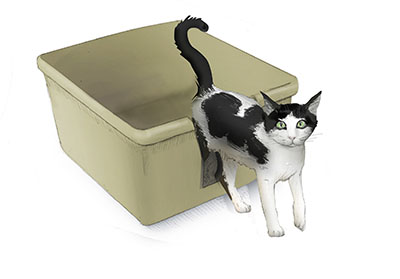
Credit: www.vet.cornell.edu
Frequently Asked Questions
Do Senior Cats Need Special Care?
Yes, senior cats need special care. Regular vet visits, a balanced diet, and gentle exercise are essential. Monitor their health closely.
What Are Elderly Cats Special Considerations?
Elderly cats need regular vet check-ups, a balanced diet, and comfortable living spaces. Monitor their mobility and mental health.
How To Take Care Of An Older Cat?
Provide a balanced diet and fresh water. Schedule regular vet check-ups. Keep the litter box clean. Ensure a comfortable, quiet sleeping area. Offer gentle play and mental stimulation.
What Do Vets Recommend For Senior Cats?
Vets recommend regular check-ups, a balanced diet, and weight management for senior cats. Provide joint supplements and dental care. Maintain hydration and mental stimulation.
Conclusion
Caring for senior cats requires attention to their unique needs. Regular vet visits, proper nutrition, and mental stimulation are essential. Create a comfortable environment tailored to their aging bodies. Your older feline friend can enjoy a healthy, happy life with love and care.
Embrace their golden years with compassion and understanding.
